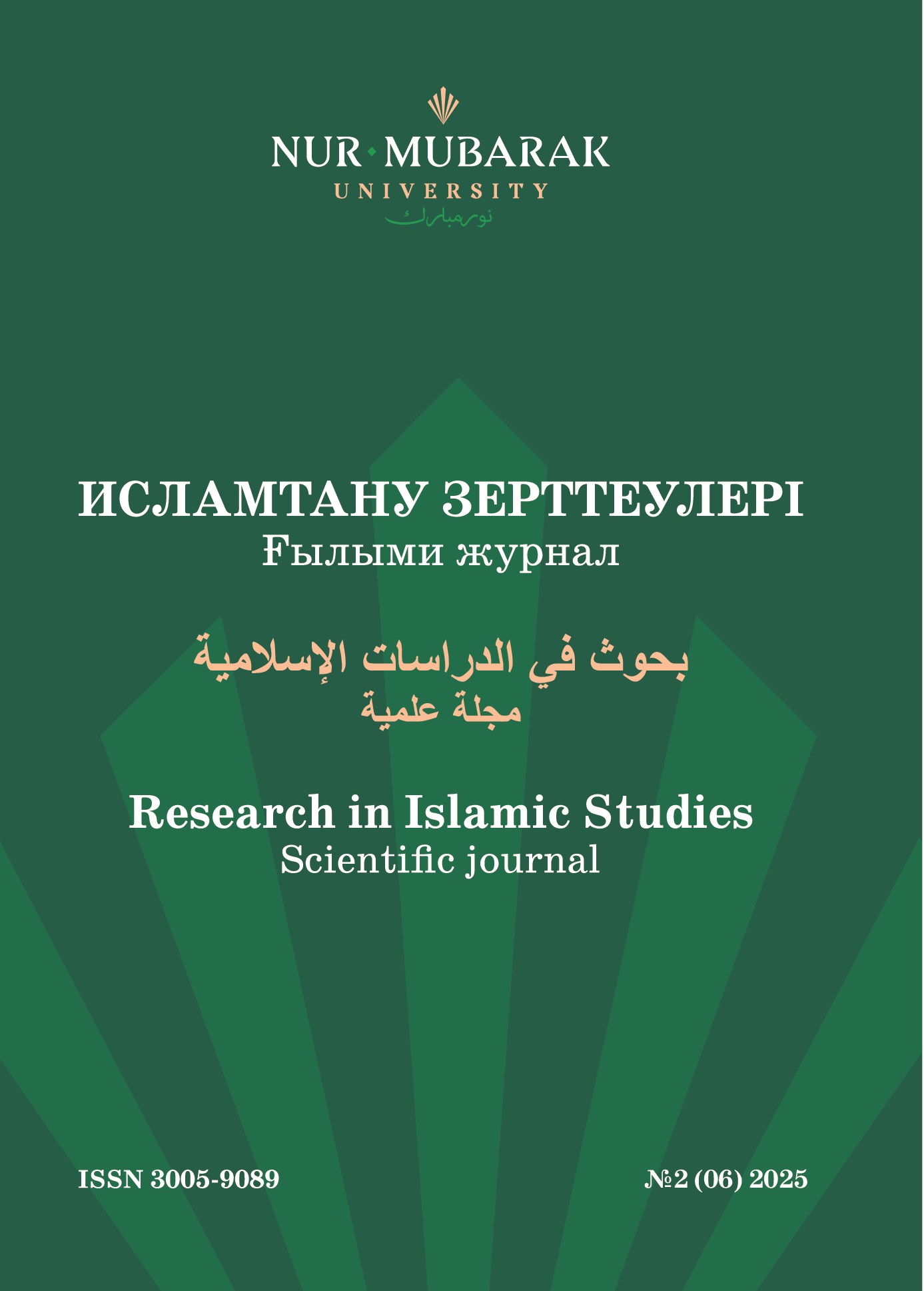Abstract
The article presents the investigation of the «300-year sleep of the holy ones in the cave», which is considered a significant and miraculous event in Islamic history. This event is narrated in the Quran's «Kahf» Surah and delves into the metaphysical and religious aspects of time, death, and resurrection in Islam. The study examines the holy ones' sleep in the cave for 300 years not only as a religious belief but also from historical, philosophical, and astronomical perspectives. The Islamic concepts of time and existence, as well as Sharia norms, are also explored. The research methodology includes historical contextual analysis, comparative religious studies, and philosophical concepts. The article provides an opportunity to analyze the mutual relationship between world culture and religious history by comparing various cultural and religious views. In conclusion, it is determined that the sleep of the holy ones in the cave holds significance not only from a religious perspective but also in terms of social and philosophical implications.



